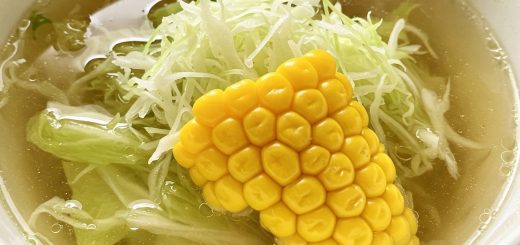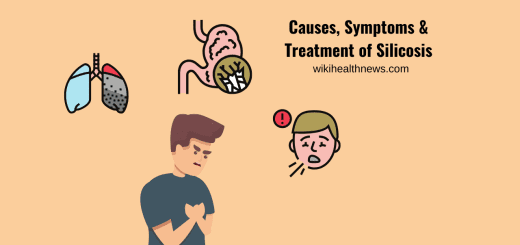PREVENT HEART DISEASE : FRUITS AND VEGETABLES

How to Prevent Heart Disease ?
1. Why Fruits and vegetables are good for a heart healthy diet ?
If you eat more vegetables and fruits ,your calorie intake will be low and you can maintain a healthy weight.
Eating more fruits and vegetables may help you cut back on higher calorie foods, such as meat, cheese and snack foods.
Most are low in fat and calories but are bulky and filling.
They supply dietary fiber and are important sources of essential vitamins, minerals, and trace elements.
Particularly important are the antioxidant vitamins A, C, and E.
Regular vegetables consumption in the diet, found to be associated with a reduction in the incidence of cancer, stroke, cardiovascular disease, and other chronic ailments.
2. What is the recommendation of vegetables intake in diet?
The USDA Dietary Guidelines for Americans recommends consuming five to nine servings of fruit and vegetables daily.
International dietary guidelines are similar to the ones established by the USDA.
Japan recommends the consumption of five to six servings of vegetables daily.
French recommendations and guidelines are to set the daily goal at five servings.
In India, the daily recommendation for adults is 275 grams (9.7 oz) of vegetables per day.
3. How the serving of vegetables and fruits are chosen?
Potatoes are not included in the count as they are mainly providers of starch.
Non-Leafy Vegetables – For most vegetables and vegetable juices, one serving is half of a cup and can be eaten raw or cooked.
Leafy Vegetables – For leafy greens, such as lettuce and spinach, a single serving is typically a full cup.
A variety of vegetables should be taken so that it provides all the nutrients needed for health.
4. What is the research evidences shows regarding health benefits of vegetables intake ?
Research has shown that, compared with individuals who eat less than three servings of fruits and vegetables each day, those that eat more than five servings have an approximately twenty percent(20%) lower risk of developing coronary heart disease or stroke.
5. Green coloured potatoes – What is it ?
Green potatoes contain glycoalkaloids and should be avoided.
6. How to make vegetables as part of your diet easily ?
Keep vegetables washed and cut in your refrigerator for quick snacks. Keep fruit in a bowl in your kitchen so that you’ll remember to eat it. Choose recipes that have vegetables or fruits as the main ingredients, such as vegetable stir-fry or fresh fruit mixed into salads.
7. What is a serving size?
A serving size is a specific amount of food, defined by common measurements such as cups, ounces or pieces.
One serving of pasta is about 1/3 to 1/2 cup,
One serving of meat, fish or chicken is about 2 to 3 ounces.
Judging serving size is a learned skill. You may need to use measuring cups and spoons or a scale until you’re comfortable with your judgment.
8. Which vegetables are good for health?
Fruits and vegetables to choose are
• Fresh or frozen vegetables and fruits
• Low-sodium canned vegetables
• Canned fruit packed in juice or water.
9. Which vegetables are to be avoided ?
• Coconut
• Vegetables with creamy sauces
• Fried or breaded vegetables
• Canned fruit packed in heavy syrup
• Frozen fruit with sugar added
10. Dose fruits increase sugar levels in Blood ?
Yes, fruits which are sweet increase sugar level in blood . So if you are a diabetic you should limit or avoid very ripe fruits which are sweet mostly . This again depends on your status of glycaemic control and the glycaemic index of the fruit.











